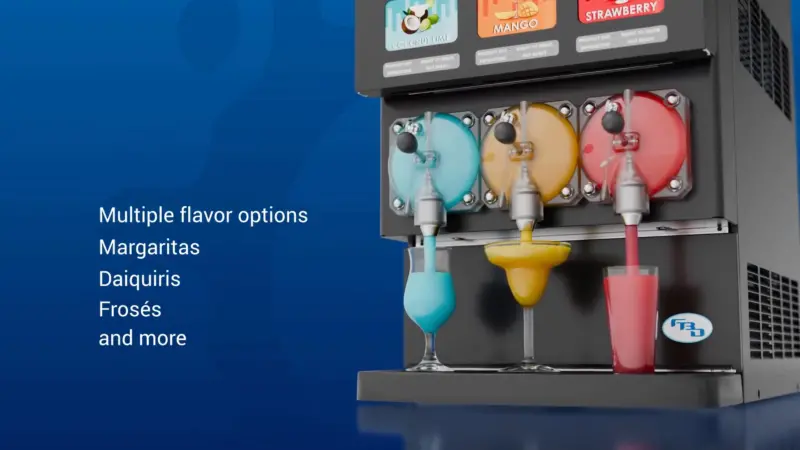Navigating the World of Restaurant Franchising
Restaurant franchising allows individuals to operate a business using a proven business model and brand. The franchisor provides training and ongoing support while the franchisee pays an initial fee and royalties. Franchise agreements are detailed, with territorial restrictions and the option to renew or terminate. Franchising reduces risk but requires significant investment.
But what are the benefits and risks of investing in a restaurant franchise business model, and how can potential franchisees determine whether franchising is the right option for them?
On today’s episode of The Main Course podcast, host Barbara Castiglia speaks with Darden Coors, Chief Executive Officer at Salad Collective, to talk about some key factors potential franchisees should consider when evaluating different franchise opportunities and how they can conduct due diligence to ensure they are making a wise investment. Coors’s core piece of advice: training and support, one of the main benefits of franchising is that the franchisor provides the franchisee with training and ongoing support. This can include training on how to operate the business, marketing, and assistance with site selection.
“As with any restaurant, there are growing ones in our segment. The one thing that makes us stand out from others is our fun personality,” said Darden Coors.
Castiglia and Coors also discussed…
● What are some emerging trends in franchising, and how can franchisees stay ahead of the curve to remain competitive?
● What are some franchisees’ biggest challenges, and how can they overcome them?
● How can franchisees leverage technology to improve their businesses?
“The experience with other marketing tools has been beneficial and continues to be great. Marketing has gone to a large part of social media and cheaper ways to market,” said Coors.
Darden Coors is the Chief Executive Officer at Salad Collective, situated in Golden, Colorado, United States. She has 6 months of experience as CEO.




